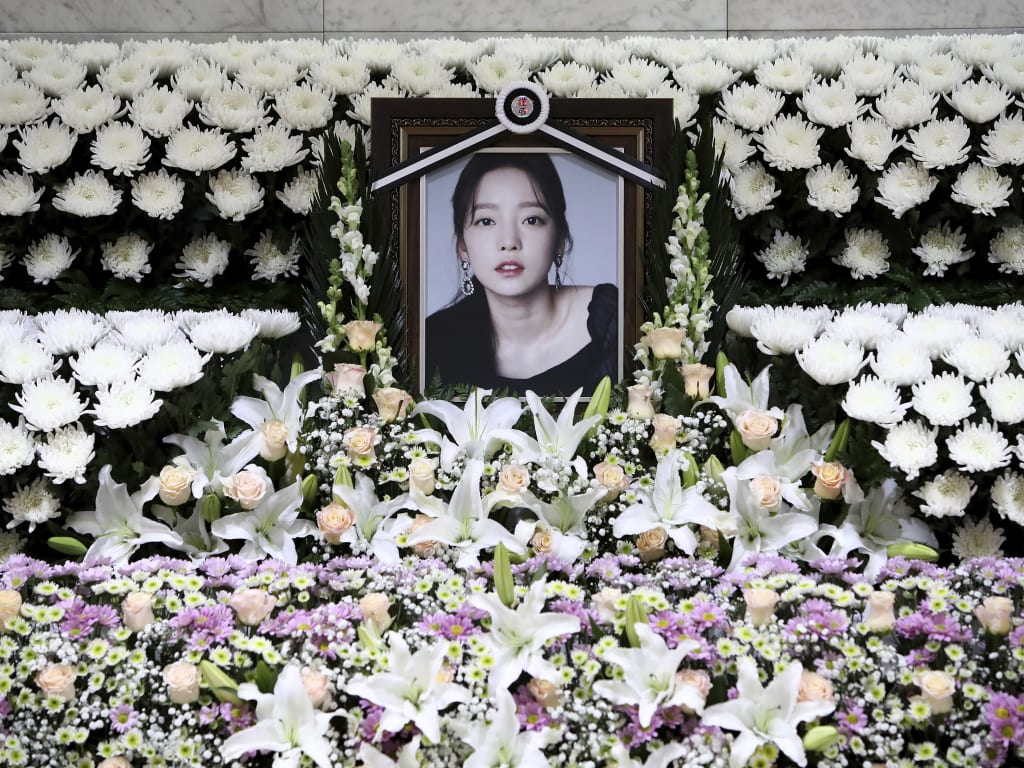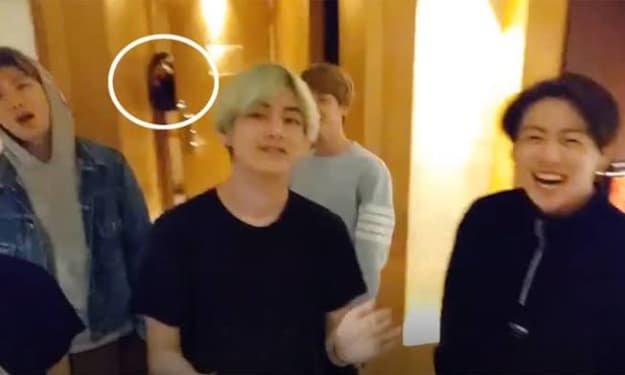
In November of 2019, the world was deeply saddened by the tragic news of the passing of Goo Hara, a K-pop sensation who had enchanted audiences with her grace and beauty. She was not just another star; she was the cherished visual member of the beloved girl group Kara. For nearly a decade, she had graced the stage with her extraordinary talent and charm, capturing the hearts and souls of countless fans. However, as the world mourned the loss of this young icon at the tender age of 28, little did they know that the tragedy would take a distressing turn.
Amidst the overwhelming grief and sorrow that surrounded Hara's passing, an unexpected and deeply heart-wrenching development emerged. Hara's biological mother, a figure who had distanced herself from her children two decades prior, reappeared at the funeral. In a moment that compounded the already profound pain, she asserted her claim to Hara's assets, citing Korean law. This law stipulated that in cases where an individual departs this world without leaving a written will, spouse, or children, their parents are entitled to inherit their child's assets, solely on the basis of biological ties.
Regrettably, it seemed to matter little if the parent had ever played a role in raising the child, as was evident in Hara's case. Her brother, still grappling with the loss of his beloved sister, was resolute in his determination not to let this injustice persist. He embarked on a noble quest to change the law, leading to the introduction of the so-called "Goo Hara Act."
The primary objective of the Goo Hara Act was to address a long-standing inequity in the legal system, one that appeared to reward abandonment and neglect with an inheritance. Under the provisions of this act, parents who had neglected their children, regardless of nationality, would forfeit their entitlement to inherit their child's assets. However, this disinheritance could only be executed if a formal request was made by the individual holding the inheritance prior to their passing or by their legal heirs.
While the bill for the Goo Hara Act had been approved by the cabinet two years earlier, it remained entangled in the complex web of bureaucratic processes. The wheels of justice, unfortunately, turned at a painstakingly slow pace, leaving families like Hara's to endure the emotional toll of this unresolved issue.
Then, on a fateful day, June 14th, another family emerged onto the national stage, their hearts burdened with sorrow and frustration. They held a press conference at the National Assembly, passionately imploring lawmakers to expedite the passage of the Goo Hara Act.
The world watched in disbelief as this elderly mother asserted her right to her son's assets, despite having been absent from his life. With the Goo Hara Act still ensnared in the legislative process, the existing legal framework favored the mother's claim. This distressing situation underscored the pressing need to reform outdated family laws that allowed such heartbreaking scenarios to unfold.
As the years elapsed, there appeared to be little progress, and Hara's family, along with numerous others, continued their unwavering battle to amend these outdated family laws. Their determination stemmed from a profound desire to ensure that their beloved departed could find lasting peace, free from the specter of injustice and neglect.
Amidst this poignant journey, it remains essential to recall the tragic circumstances of Goo Hara's passing. Her untimely demise served as a stark reminder of the immense pressures and relentless scrutiny that often accompany fame within the K-pop industry. While the precise details surrounding her passing may vary, it is evident that the weight of expectations and the relentless demands of stardom took a toll on her well-being. In times such as these, it is imperative to reflect upon the urgent need for enhanced mental health support and a more compassionate approach to those in the public eye.
In the face of such sorrow and injustice, we can find solace in the resilience of families like Hara's, who continue to champion change despite facing bureaucratic hurdles. Their unwavering commitment to honoring the memory of their loved ones by seeking justice stands as a testament to the enduring power of love and the indomitable spirit of humanity.
While the world watches and awaits progress on the Goo Hara Act, let us also remember the significance of cherishing our loved ones. Life is fragile, and the pain of loss is immeasurable. May we find solace in the hope that, one day, these outdated laws will undergo reform to create a more equitable and compassionate society for all.
About the Creator
Enjoyed the story? Support the Creator.
Subscribe for free to receive all their stories in your feed. You could also pledge your support or give them a one-off tip, letting them know you appreciate their work.






Comments
There are no comments for this story
Be the first to respond and start the conversation.